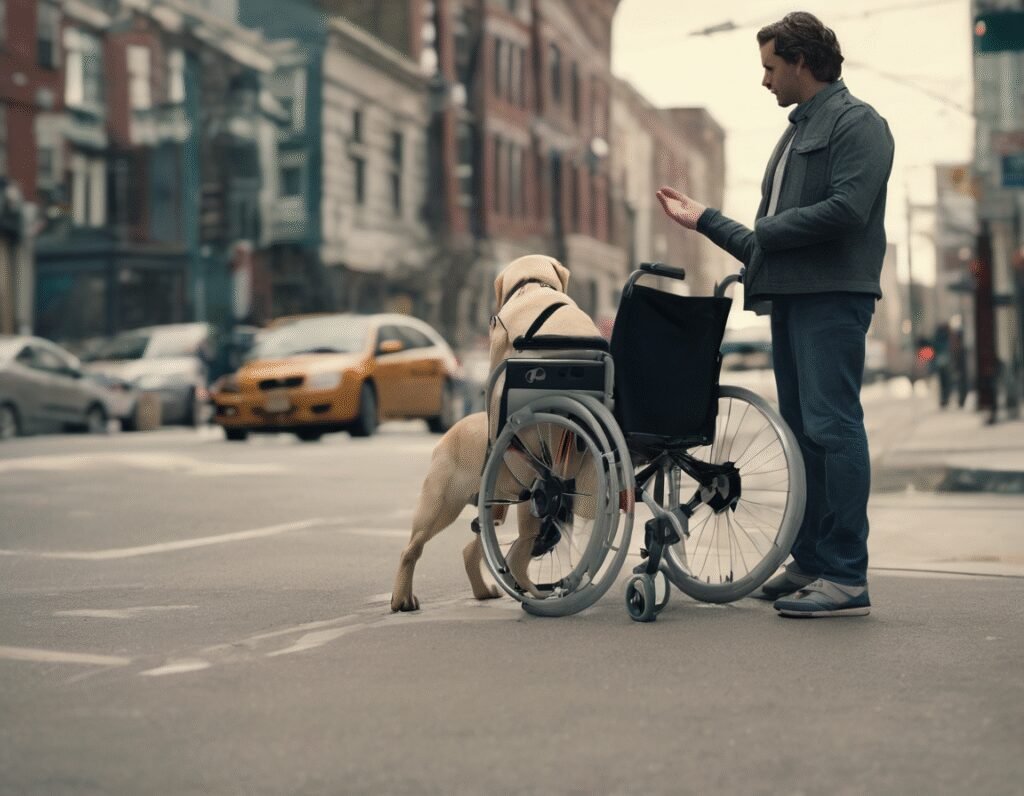The US Department of Justice has filed a new lawsuit against Uber, once again accusing the ride-sharing giant of widespread disability discrimination. The legal action, filed in a Northern California federal court, alleges that Uber and its drivers systematically refuse to provide service to individuals with disabilities.
The complaint specifically highlights the company’s handling of passengers who use service animals or have stowable wheelchairs. It states that despite the essential nature of its service, Uber denies people with disabilities full and equal access. The lawsuit goes further, accusing Uber drivers of insulting and demeaning passengers with disabilities and asking them inappropriate questions.
In response, Uber issued a statement contesting the government’s claims. The company stated that riders using guide dogs or other assistive devices deserve a safe, respectful, and welcoming experience. Uber emphasized its clear zero-tolerance policy for confirmed service denials and stated it fundamentally disagrees with the DOJ’s allegations.
Uber outlined its policies, noting that all drivers must acknowledge and agree to its service animal policy before they can begin driving. The company stated that confirmed violations result in decisive action, including permanent account deactivation. Uber also pointed to its community guidelines that prohibit discrimination and mentioned it sent a service animal education video to all US drivers last year to explain the vital role these animals play.
Earlier this year, Uber introduced a feature allowing passengers to alert drivers that they will be traveling with a service animal. However, the DOJ’s complaint contends that this feature was only implemented after Uber was notified of the investigation. The filing asserts that discrimination against riders with service animals has continued despite the new feature.
The DOJ is seeking a jury trial, injunctive relief, and monetary damages. It also aims to charge Uber with civil fines for violations of the Americans with Disabilities Act.
This legal action is a familiar scenario for the company. The DOJ previously sued Uber in 2021 over similar claims, specifically focusing on wait time fees charged to passengers who, due to their disabilities, needed more time to enter a vehicle. That lawsuit was settled in 2022, with Uber agreeing to pay at least $2.2 million to affected passengers. Beyond federal action, Uber has faced a string of lawsuits from passengers over its alleged failure to adequately serve riders with disabilities.

